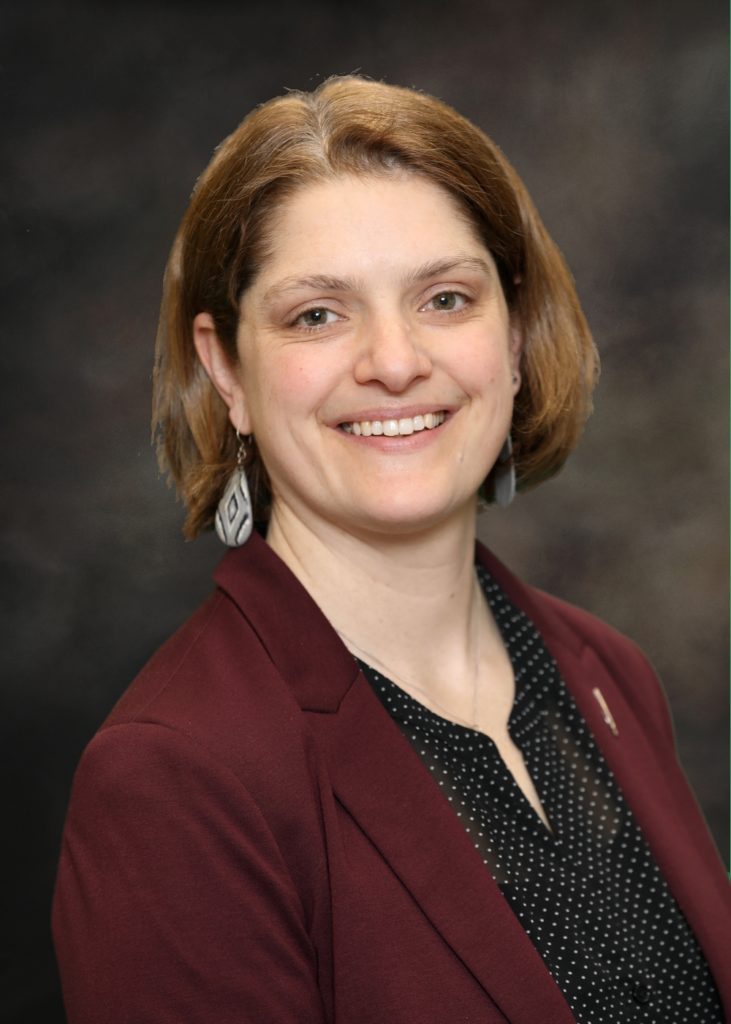
Emma Sabzalieva, a research associate in the Faculty of Education, has been awarded the 2021 Comparative & International Education Society (CIES) Eurasia Special Interest Group Dissertation Award for her thesis ‘Responding to major institutional change: The fall of the Soviet Union and higher education in Central Asia’.
The Eurasia Special Interest Group Dissertation Award aims to honor the best dissertation or thesis written by scholars working and studying in the Eurasia region. The evaluation criteria include originality of research, appropriate use of scholarly literature, and quality of writing.
In her thesis, Sabzalieva examines how higher education responds to major political, economic and social change. Based on a comparative case study of the responses of higher education institutions and systems in Kazakhstan, Kyrgyzstan and Tajikistan to the collapse of the Soviet Union in 1991, the thesis finds a considerable array of responses by higher education to major change, from radical reform to remarkable durability. The discovery of variation is an important theoretical finding that serves to highlight the importance of comparative work. It is also significant because of what these divergences tell us about pre- and post-1991 schemas for higher education, about the similarities and differences between the three cases, and about the perceived value and purpose of higher education across settings.
“I have been a member of CIES since starting my doctoral work and consider the Eurasia SIG one of my academic families. The annual conference has always been a fantastic way to learn about others’ work, to meet up with global ‘relatives’, and to make new connections,” said Sabzalieva. “Because it’s such a large conference, there are plenty of opportunities for the serendipity moment of stumbling onto new (for me) research/knowledge areas. Within that bigger network, I have greatly benefited from being a member of the smaller Eurasia SIG and really enjoy getting to know other people who share my passion for higher education and for the Eurasia/Central Asia region.”
“Emma’s work is always brilliant because it explores new boundaries and new frames to understand the role and purpose of higher education within and across different states. Emma is an outstanding scholar,” said associate professor Roopa Desai Trilokekar. “Her research excellence and potential has been recognized through prestigious scholarships and awards such as a Vanier Canada Graduate Scholarship (the first recipient in her department since 2012); Leverhulme Trust Study Abroad Studentship (15% acceptance rate); the UK Society for Research into Higher Education’s Newer Researchers' Prize (2020) and the Excellent Paper Award for an Emerging Scholar from the Knowledge Politics and Policies Standing Group of the ECPR (2018). As two comparative and international educationalists we share many common interests and I am thrilled to have Emma work with me as a Research Associate on several projects including on our mutual research interest in the new geopolitics of international education.”
The Eurasia Special Interest Group (SIG) brings together educational researchers and practitioners working on or in Eurasia and is part of the Comparative & International Education Society (CIES). CIES is the largest and oldest of 47 comparative and international education societies around the world and has over 3,000 individual members.
